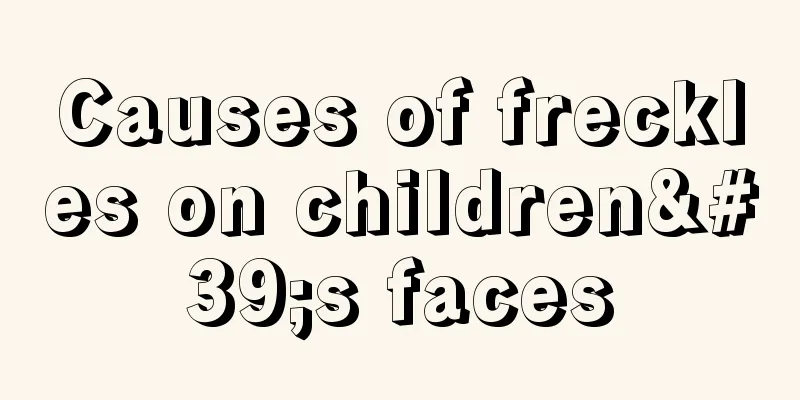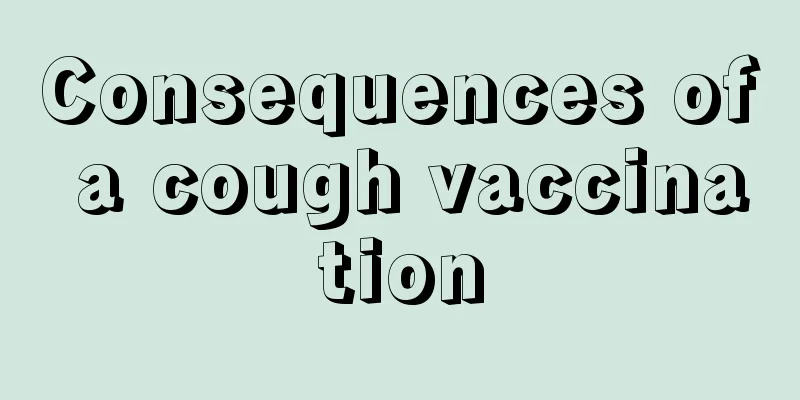How many months does it take for a child to speak?

|
In fact, every child learns to speak at a different age. For example, babies between 1 and 3 months old can only utter simple syllables, and it is a physiological phenomenon and has no meaning. However, after the age of two, they can use simple vocabulary and speak some incomplete sentences. Parents can learn more about the language development process of their children. 1. The development of language 1-3 months: Able to make simple monosyllables, which have no meaning and are just physiological phenomena; 4-6 months: If someone talks to him, he will respond with babbling and can laugh; 6-9 months: He will look for something when he hears a sound, respond to his own name, and try to imitate the voice of an adult, making a series of babbling sounds; 1 year old: meaningful words appear, such as "Dad", "Mom", know how to wave goodbye, can imitate simple sounds, and can point to common objects; 1.5 years old: The baby's conversational vocabulary increases, and he can use simple words to communicate and express his meaning. He understands simple instructions given by others and learns to say words from adults, such as: car, drink, meal, etc. 2 years old: Able to use simple vocabulary to speak incomplete sentences, such as "drink water" and "give me" to express needs, and can repeat the last one or two words of the sentence. Children with rapid language development can even speak clear common sentences. 2. Help your child learn to speak 1. Encourage pronunciation: Babies under 1 year old have a babbling period. When they are in a good mood, they like to make sounds continuously. At this time, you can play with them and imitate their sounds. 2. Gesture practice: You can use some gestures or body movements to help understand the meaning, such as waving to say goodbye. You can also give him some simple instructions, such as shaking your hands, nodding, etc., and let him perform the actions. Adults can show him how to do it first and let him imitate, or they can directly guide him to do it. 3. Create a rich language environment: Tell your child everything about the people, things and objects in the living environment. Speak the key words slowly and clearly, and raise your voice and repeat them many times. Putting children in an environment full of meaningful words will help increase their understanding. When talking to children, adults should face them and ask children to pay attention to their mouth shape and look at them. |
<<: What to do if your child has a fever and a rash appears on his body
>>: What are the symptoms of thyroid disease in children
Recommend
Blisters on baby's face
In our lives, many babies will get some chickenpo...
What to do if a 3-month-old baby has a stuffy nose?
With the end of autumn, the temperature will slow...
Is learning abacus good for children?
During the period of growth and development, chil...
What are the methods of expectorant diet for children?
I believe that many parents are most worried abou...
What are the symptoms of hernia in children?
It is quite common for children to have hernias, ...
What to do if your child is naughty and disobedient
In our lives, there are many children who are par...
Why is my one month old baby crying?
The arrival of a baby makes many mothers very exc...
What are the causes of folliculitis in children?
Folliculitis is a skin disease that can occur in ...
How to treat pneumonia in a full-month baby
Pneumonia is a relatively serious disease for us ...
Treatment of elevated transaminase in newborns
The transaminase value is an indicator of our bod...
Why is my baby breathing heavy?
For babies, no matter what kind of problems the h...
What is the height standard for a four-year-old child?
It is said that children are cuter when they are ...
Treatment of children's cold, cough and vomiting
Children with low immunity can easily suffer from...
What should I do if a 9-year-old child’s front teeth are knocked out?
Teeth are very important to everyone, because the...
What is the cause of the baby pouring milk?
Baby milk regurgitation happens to almost every b...









